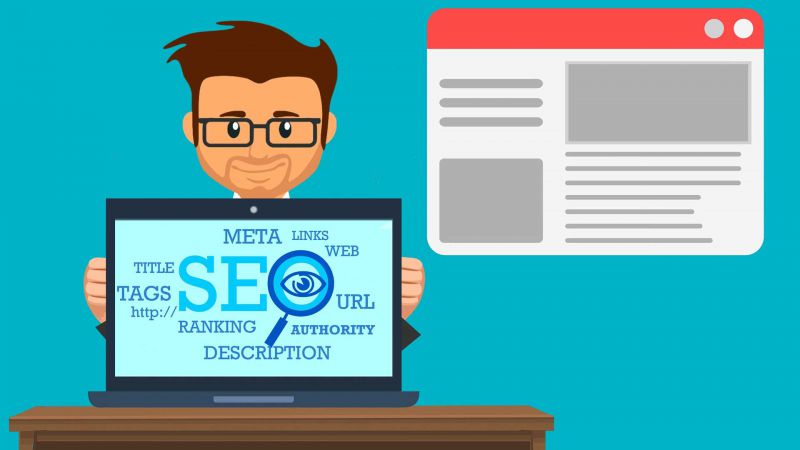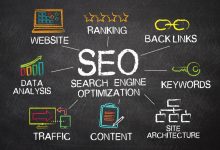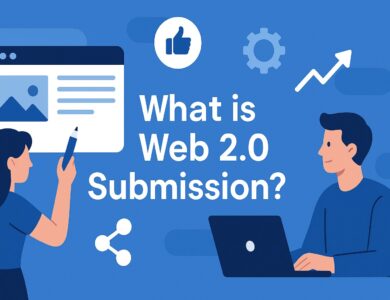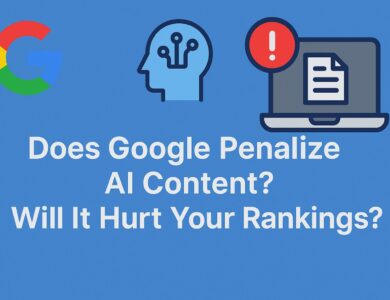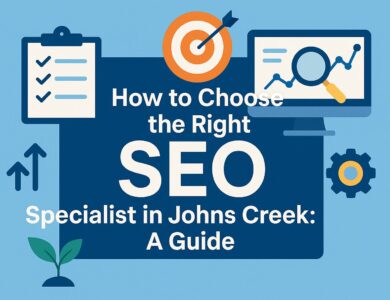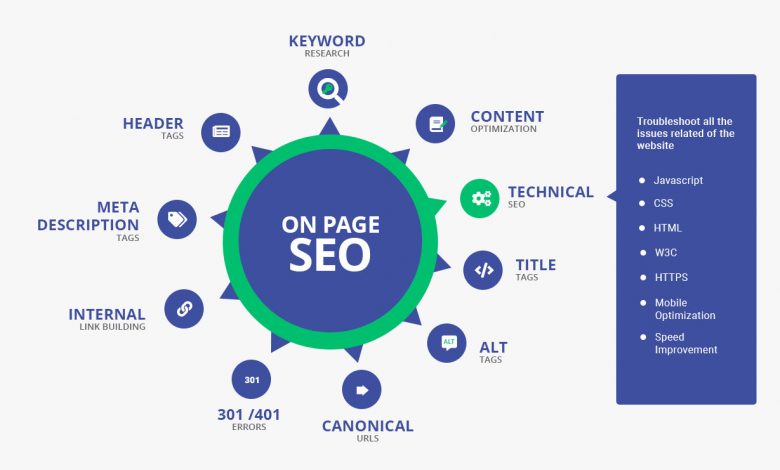
On-Page SEO – What Is It?
On-page SEO is an important aspect of search engine optimization. By optimizing the content, HTML source code, URL, mobile experience, and page speed of a web page, you can improve its search engine rankings and earn more relevant traffic. It is important to keep up with the latest trends and best practices in on-page SEO to stay ahead of the competition. In an easy to understand words, it is the practice of optimizing individual web pages in order to rank higher in search engine results and earn more relevant traffic. This involves both the content and the HTML source code of a page.
Why On-Page SEO Is Important?
On-page SEO is an important aspect of search engine optimization that can help improve the search engine rankings, user experience, credibility, and cost-effectiveness of a website. By implementing best practices in on-page SEO, you can improve the visibility and relevance of your website to your target audience. It is important for several reasons:
Improved Search Engine Rankings: By optimizing the content, HTML source code, URL, mobile experience, and page speed, you can improve the search engine rankings of a web page and earn more relevant traffic.
Better User Experience: By using header tags, internal and external links, relevant keywords, and a mobile-friendly design, you can make it easier for users to navigate your website and find the information they need.
Increased Credibility: By using relevant keywords, providing high-quality content, and using external links to authoritative websites, you can establish your website as a credible source of information.
Cost-Effective: Unlike paid advertising, on-page SEO does not require ongoing payments to maintain its results.
On-Page SEO Benefits
It provides several benefits to website owners and businesses, including increased traffic, better user experience, increased conversions, better ROI, and a competitive advantage. By investing in on-page SEO, businesses can improve their online visibility, attract more customers, and grow their business.
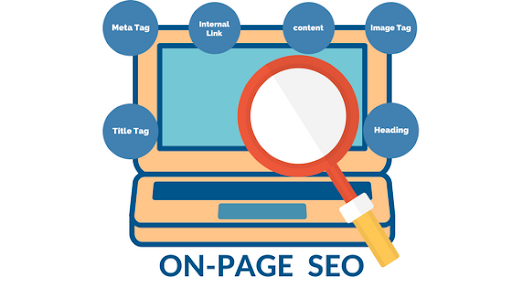
Unlike paid advertising, on-page SEO does not require ongoing payments to maintain its results, providing a better return on investment.
By implementing best practices in on-page SEO, a website can gain a competitive advantage over its competitors and establish itself as a credible and authoritative source of information in its industry.
By providing relevant, high-quality content, optimizing the page speed, and making the website mobile-friendly, on-page SEO can increase the likelihood of website visitors converting into customers.
By optimizing a web page for relevant keywords and providing high-quality content, on-page SEO can improve the search engine rankings of a website and drive more organic traffic.
Professionals Tips For On-Page SEO
It’s important to remember that on-page SEO is an ongoing process and requires regular updates and optimization to maintain its effectiveness.
- A fast-loading web page is essential for a good user experience and can improve search engine rankings. Use tools like Google PageSpeed Insights to identify and fix issues that are slowing down your website.
- Header tags (H1, H2, H3) are important on-page SEO elements that help organize the content of a web page and make it easier for users to read. Use header tags to break up long blocks of text and provide structure to your content.
- Identify relevant keywords and search terms that your target audience is using to find information related to your business. Use these keywords strategically in the page title, meta description, headers, and content.
- More and more users are accessing the internet from mobile devices, so it’s important to ensure your website is mobile-friendly. Use responsive design to make your website adapt to different screen sizes and ensure a good user experience on mobile devices.
- The page title and meta description are important on-page SEO elements that tell search engines and users what a web page is about. Make sure they are clear, concise, and include relevant keywords.
- Use internal links to link to other relevant pages on your website and external links to link to high-quality and authoritative websites. This can improve the user experience and credibility of your website.
- Use relevant keywords in image filenames, alt tags, and captions to make them more search engine friendly. Compress images to reduce page load time and improve the user experience.
